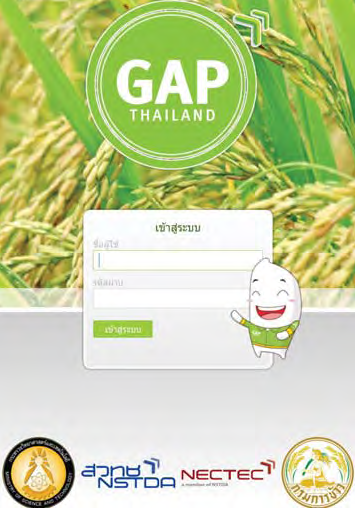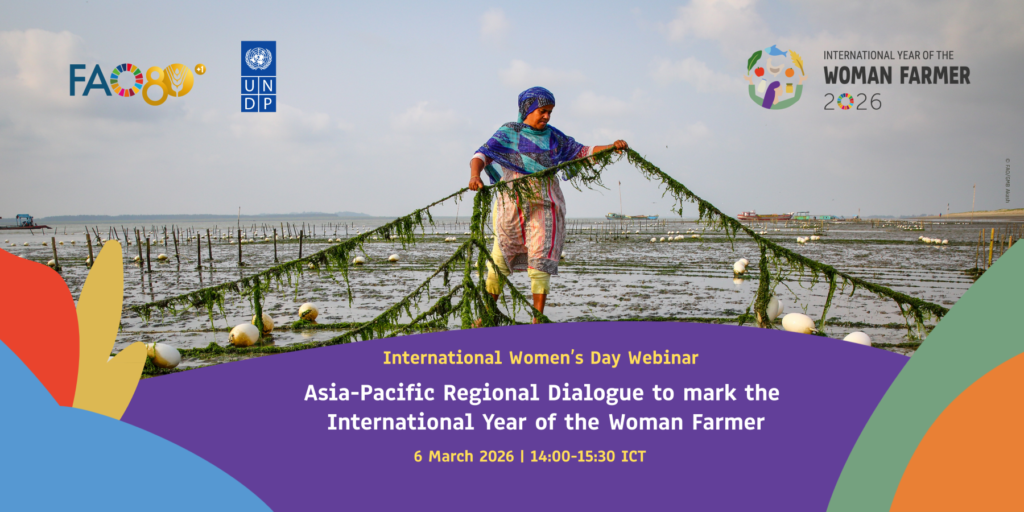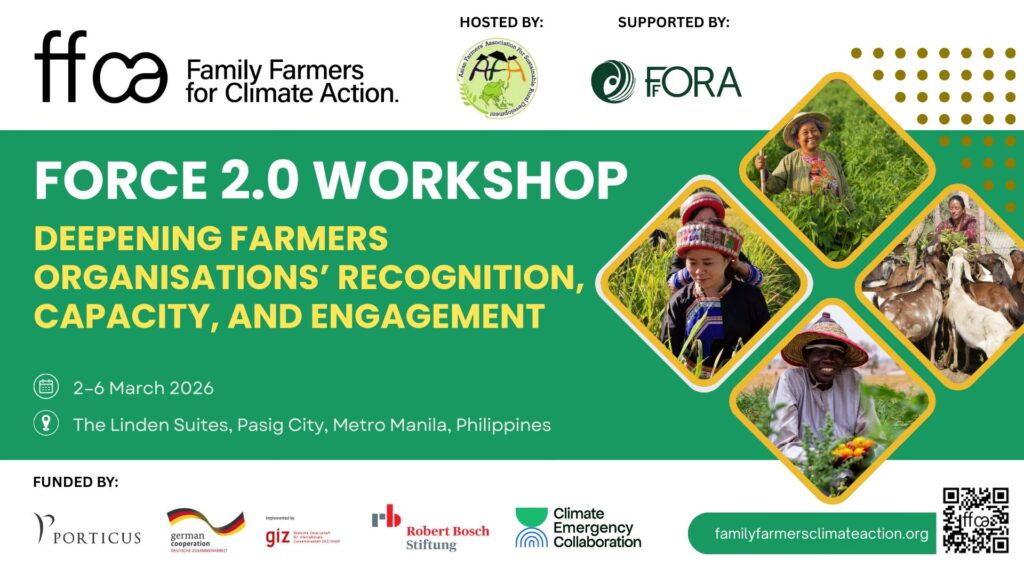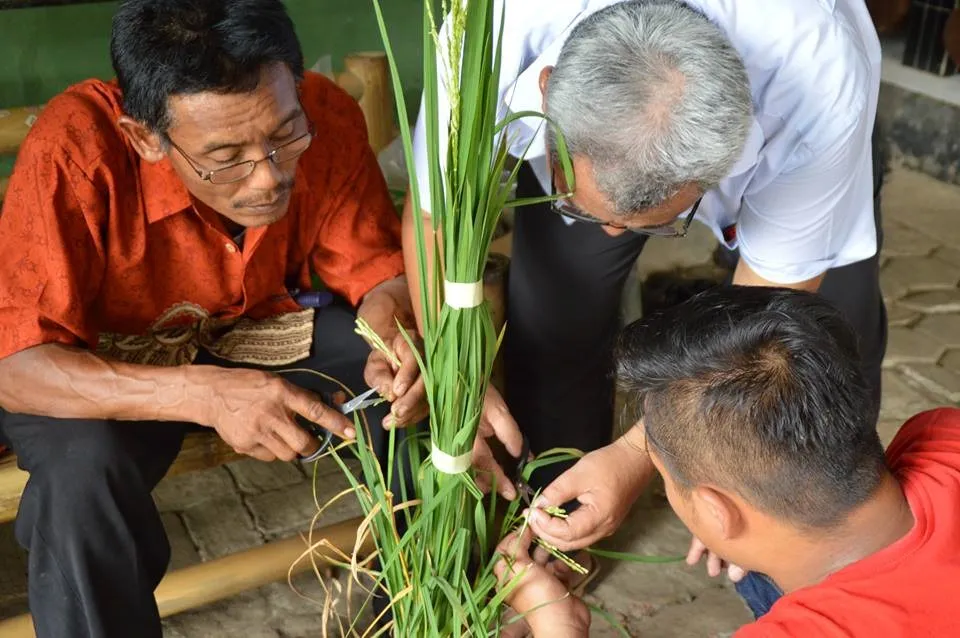
Mobile GAP Assessment System: New technology for family farms involved in QA schemes in Thailand
The Mobile GAP (Good Agricultural Practice) Assessment System is designed as a tool for farmers and Certification Body (CB) officers to list farm activities and newly adopted techniques which will later be assessed following the certification procedures. This works on both mobile devices such as mobile phones, tablets with Android OS and also can work on notebooks and PCs. In 2013, a pilot project was launched in Samkha village in the northern region in Thailand that was successful.
Forty family farms volunteered to apply for GAP certification via Mobile GAP programme.. In addition, ten students in grade 6 from Samkha Elementary School and two youths, who managed the community’s Constructionism Lab, joined the team as technology assistants. The software and application for the Mobile GAP Assessment System was developed by NECTEC, the IQS-MJM and RMUTL. An orientation workshop on GAP certification was organized for the farmers’ group. NECTEC staff trained the workshop’s participants to use the Mobile GAP Assessment System. The workshop’s orientation focused on the data input process and the students were very quick to understand the process as they were more familiar with PC and tablet computer use. At this stage, the generation gap was bridged because participants from different age groups worked together for the same goal. At the same time, NECTEC staff also trained IQS-MJM and RMUTL staff to use computer tablets for the certification process, reporting and providing recommendations. The working timetable for internal and external CBs was three times in one crop production cycle of 120 days – at the seedling, flowering and harvesting stages.
The development of the Mobile GAP Assessment System and the case study with Samkha community is a significant turning point for better understanding of the needs of farmers, officers (CBs) and program developers to lay out the appropriate technology for better services and better adoption by farmers. The lessons learned from this case study should be transferred as practicing procedures and community approach techniques for smart officers. The approach of the younger generation as IT facilitators in each farming family and community should be extended.
Source: (FAO, 2015). Successful Stories on Information and Communication Technology for Agriculture and Rural Development



